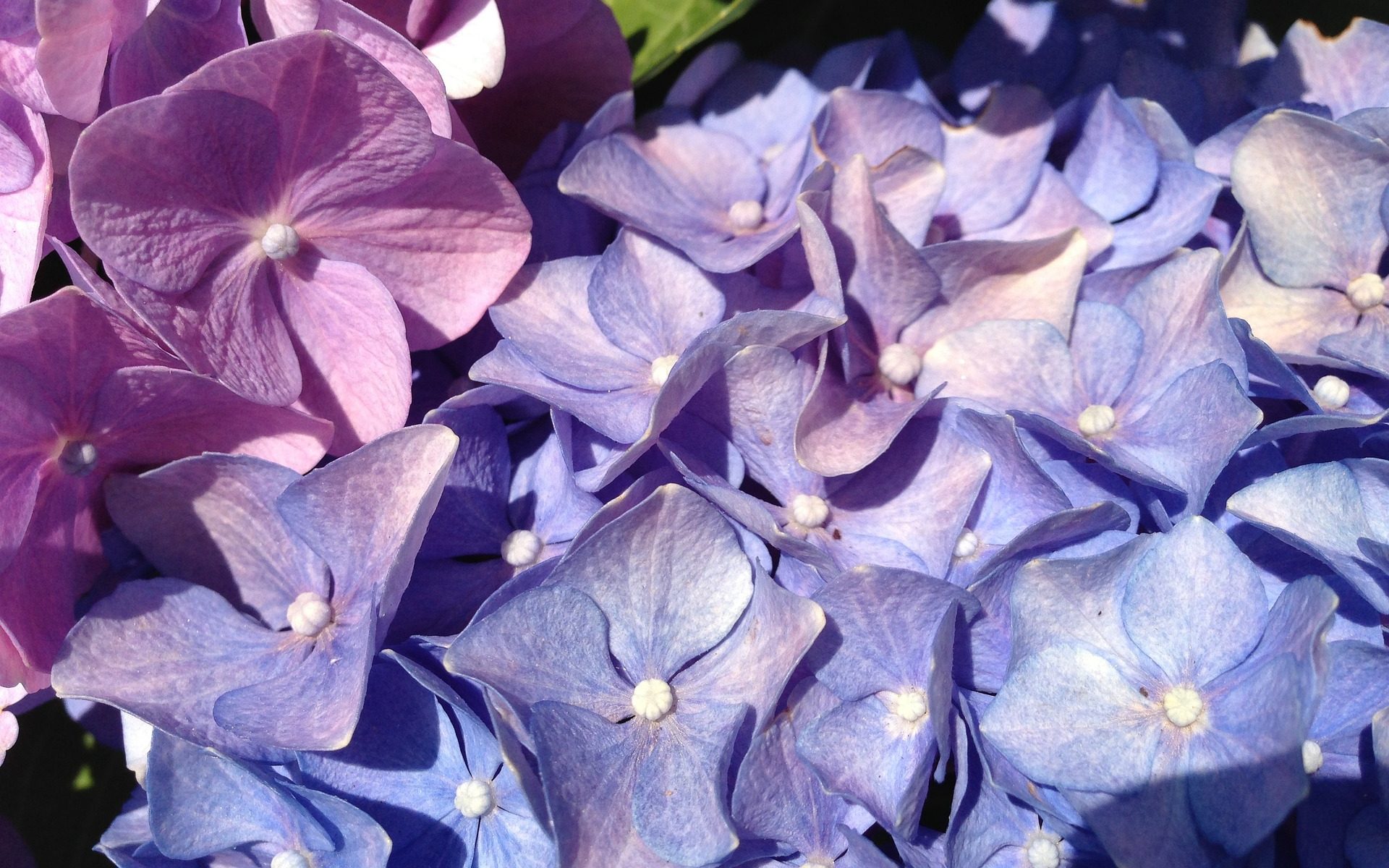It turns out that the fountain of youth is not in a bottle, and no pharmaceutical company can lay claim to it. In fact, senior citizens do not even need insurance to take advantage of one of the most powerful anti-ageing remedies every invented. A fascinating 2001 study conducted at Rutgers University in New Jersey found that the answer to many of the most common, and most serious, problems associated with ageing can be as close as your local garden.
This study could not have come at a more opportune time. We all know the population is ageing, and more than 10 million of our fellow citizens are over 65 years of age. Those seniors often face significant challenges, from declining health to the lack of a sufficient social structure. While simply tending a garden is not a panacea to the problems of ageing, the Rutgers study does suggest that simply being around flowers can have a profound impact on the way seniors view the world and those around them.
The results reported by Rutgers University are the result of a six-month study specifically conducted on the health impact of flowers on the senior population. The study found that being around flowers helped to ease depression in older citizens. But the study also found other effects, including the ability of flowers to inspire social interaction and keep memory sharp.
These studies could turn out to be quite significant, as senior-care experts and social scientists look for safe and non-pharmaceutical ways to help seniors keep their minds sharp and their social skills intact. While no one, including the Rutgers researchers, expect floral therapy to replace pharmaceutical drugs, the study is a promising, and intriguing one.
The 2001 Rutgers study is actually a follow-up on a 2000 study that found a link between flowers and greater levels of happiness and life satisfaction among female participants. This study was intriguing in itself, and it prompted the folks at Rutgers to do a follow-up study on the effect of flowers on senior citizens and the unique challenges they face.
The Rutgers study involved over 100 senior citizen volunteers. Some of those seniors received flowers, while others in the study did not. The results of the study are intriguing to say the least, and they found that flowers do indeed have a strong impact on the lives of senior citizens. One thing that the Rutgers University researchers found was that study participants who received flowers experienced a significant increase in positive moods and self-reported happiness than those who did not receive flowers. More intriguingly, seniors who received flowers scored better on memory tests, and also experienced richer personal memories while flowers were in the room.
The study also found that flowers encouraged companionship and greater levels of social interaction among the seniors participating in the study. The group who received flowers engaged with people around them more consistently that those who did not receive flowers.
The percentages tell the tale, and they are quite impressive. In the Rutgers study, some 81% of participating seniors reported a decrease in depression after receiving flowers. Some 40% reported making new social contacts, and 72% scored well on tests of memory, generally much higher than those who were in the non-flower group.
So while flowers might not be the garden of Eden, the Rutgers study certainly indicates that the garden in your backyard can have a profound impact on your mood. You may have known that flowers make you feel better, but the Rutgers study provides proof that flowers are good for you as well.

